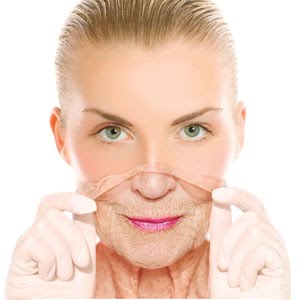
New research studying the aging process of skin is providing valuable information about more effective products. Anti-aging creams are now available that neutralize harmful free radicals, boost skin’s hydration, and increase cellular repair. When purchasing an anti-aging cream, look for several key ingredients.
Since being available to the public for several years, vitamin-A based creams containing retinols have proven useful as treatments for wrinkled skin. More sophisticated retinol products offer time-released and encapsulated retinols for more effective delivery to the skin. Dermatologists prescribe stronger retinols known as retinoids.
Our New York City dermatologists recommend using anti-aging creams that contain powerful anti-oxidants. Antioxidants protect skin from pollutants and molecular breakdown. Two of the best anti-oxidants are grape seed oil and green tea extract.
Amino acids form proteins in the body. They are important in repairing collagen- the protein matrix that keeps skin firm. Peptides are groups of amino acids that help improve the elasticity of the skin.
Sodium hyaluronate is an ingredient in anti-aging skin creams that increases the moisture level of the skin. Skin’s hyaluronate levels decrease with aging, but topically applied sodium hyaluronate maintains water in the skin.
Hydroxy acids exfoliate skin, making skin appear smoother and brighter. Beta hydroxy acid is gentler for persons with sensitive skin. Hydroxy acids gently lift away dead surface cells and soften fine lines.
To find out more about how anti-aging creams can benefit your skin, contact The Dermatology Specialists, located in New York City. Ask about skin care products to address your skin’s individual anti-aging needs.